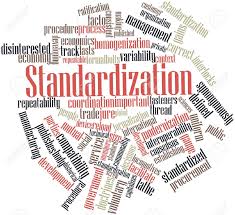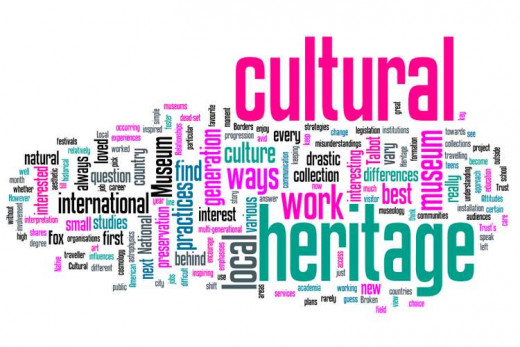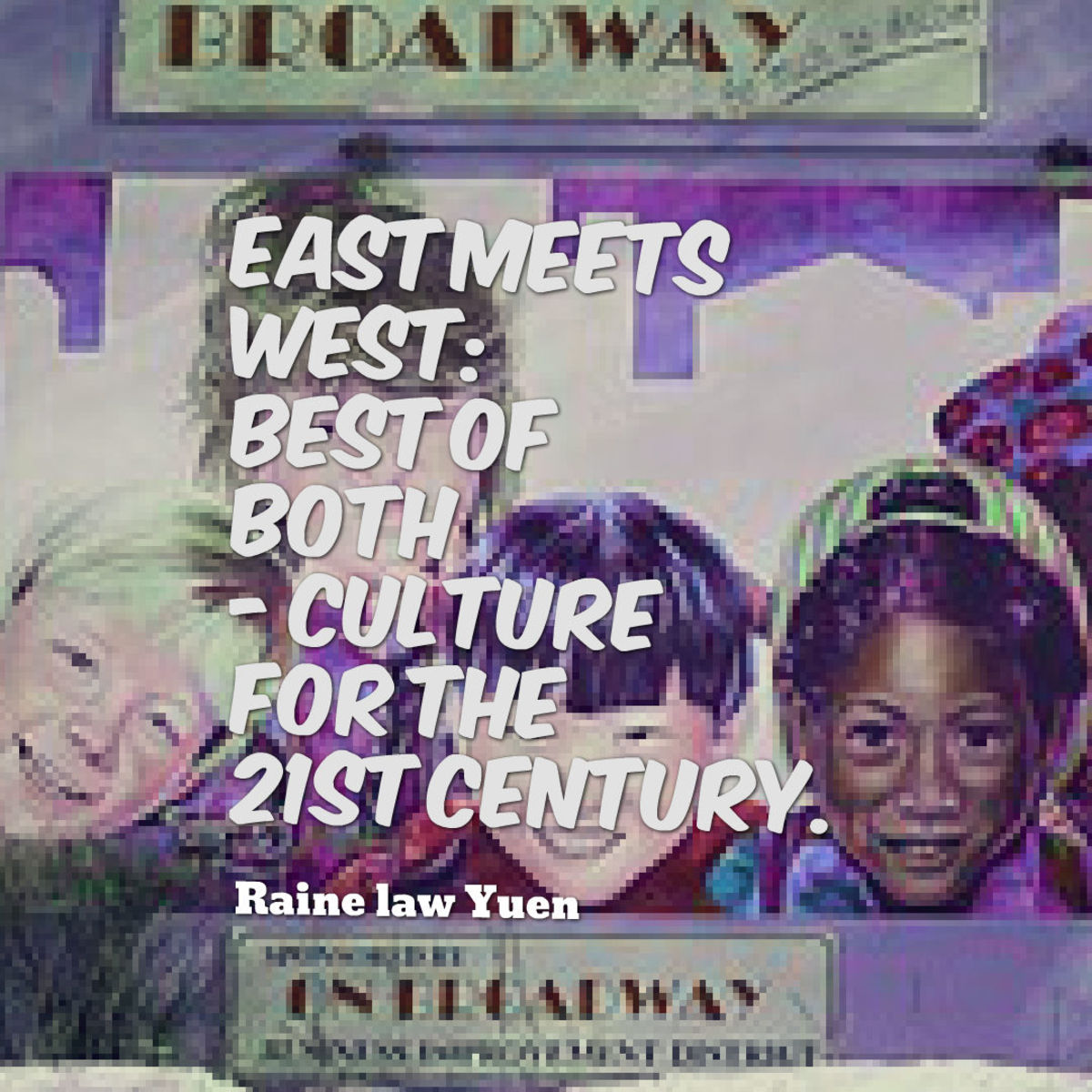Standardization and Its Effect on Cultural Heritage
Standardization

How Standardization Cause in the Degeneration of Culture?
F.R Leavis belongs to the tradition and legacy of cultural critics whose aim was at reforming and refining the moral, ethical, and intellectual forming of a society. Leavis was well aware of the importance of keeping traditions and culture alive. The word ‘culture’ is a complicated one, and perhaps too often used too loosely to be left without a clear definition for the purpose of discussing the merits of ‘high’ culture vis-à-vis ‘mass’ culture. This binary as a result of the urbanization and industrialization that had undermined the hitherto cultural hegemony of the aristocratic and middle classes. Leavis had a different approach to culture. In "Mass Civilization and Minority Culture" he expressed his great concern at the "desperate plight of culture to-day a culture dominated by mass production, the popular press media, and films." Today's culture according to Leavis is in crisis, using the example of Middletown; a community in the Middle West, he highlights how the automobile affected religion, the family unit, and transformed social customs.
In this essay, he specifies the rapid change of culture that might threaten the future. He adds that "change has been so catastrophic that the generations find it hard to adjust themselves to each other, and parents are helpless to deal with their children". He further argues that the result may come as serious damage to the "standard of living".
By looking at the standardization, Leavis blames new media like film and advertising and also industrialization and the resulting mass culture for destroying the minority values that results in the degeneration of culture. Leavis highlights the rise of media that is affecting the culture. He states and believes that in today's society, "culture is at its crisis". He blames media and technology for the degeneration of culture. He illustrates that the advancement of technology and the rise of media has been pulling off many families apart from their culture. This radical effect of technology and mass media is destroying the most important assets of our lives. He further says that the prospect of culture is very dark, as the expanding. He later mentioned that in today's world, where distractions have come to beset the life of the mind, and that there seems every reason to believe that the average cultivated person of a century ago was a very much competent reader than his modern representative. He says that today: "the boundaries are gone, and the arts and literature of different countries and periods have flowed together". Later on, Leavis lightened us with a quote by Mr. T.S Eliot where he describes the intellectual situation: "When there is so much to be known when there are so many fields of knowledge in which the same words are used with different meanings when everyone knows a little about a great many things, it becomes increasingly difficult for anyone to know whether he knows what he is talking about or not".

Standardization is growing so rapidly that the world is being enveloped by it with seemingly no way out. He discusses ‘Hollywood Cinema’ a lot in this essay and blames it for the “leveling down” of society. He believes that films are mass-produced and contain no intellectual process to enjoy, unlike reading a novel for example. He blames the American film industry of evoking “cheap responses” from their audience. As Hollywood films imitate real life, it has a certain amount of emotional appeal to certain audience members. According to Leavis, the mass production of media has made it much difficult for one's pursuit of becoming ‘cultured’. This was clearly evident, for instance, in people's preference for "reading newspapers or going to the cinema or turning on the loudspeaker or the gramophone", rather than talking to one another - at work or at rest, in the public-house, at the market, by the wayside, and at the cottage door. Whilst Leavis realized that pre-industrial community could not be resurrected in the industrial era, he nonetheless advocated the restoration of "the continuity of consciousness", which kept pre-industrial traditions alive, "for the memory of the old order must be the chief incitement towards a new if ever we are to have one"
Leavis throughout his essay expresses his utmost desires to keep the traditions and culture alive. He states that "the minority is being cut off as never before from the power that rules the world." It clarifies that the minority is the key factor in culture, as the whole culture relies on them. If they will cut off from the power then definitely culture will go to its crisis. He believes that tradition and culture is not something that can be dead or buried. However, it provides a certain standard of thoughts and behavior which could be used to determine the future. Leavis finishes by showing a bleak view of the future of culture with globalization playing a key factor in the "triumph of the machine" as a standardized civilization is rapidly enveloping the world.








